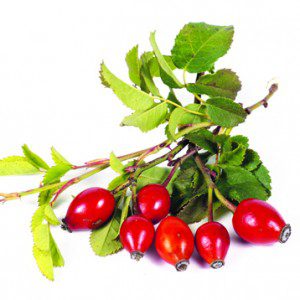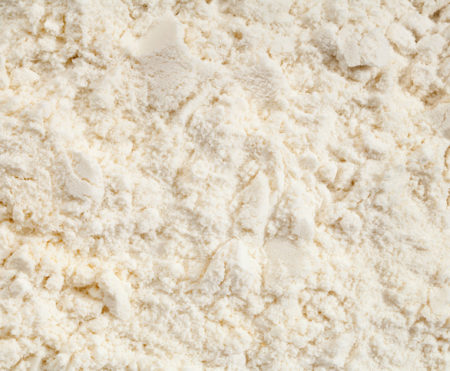What are they?
Take a walk through the countryside and the chances are you’ll pass thousands of these bright red berries without even realising. However, recent research suggests that we should give the rosehip berry a great deal of respect. That’s because research has shown that this fruit of the rose plant has higher antioxidant capacities than two of its berry counterparts and widely acclaimed ‘superfoods’: blackcurrants and blueberries. Rosehips are high in vitamin C and have been produced in a variety of forms to combat a whole range of ailments, from rheumatoid arthritis to the common cold. The berries have also been used to prevent stretch marks and irritated or damaged skin.
Where can I get them?
Well, you can pick them from a hedgerow. If that’s not your thing, Phytacol – one of the UK’s leading producers of rosehip products – have developed oils and lotions that will save you from scouring the countryside. All products are available from www.phytacol.com. Rosehip syrup is also available from most major supermarkets.
What should I do with them?
Rosehip syrup can be enjoyed as a cordial drink, diluted with about five parts water. It can also be boiled down to make a delicious and healthy topping to drizzle over waffles or pancakes. Alternatively, rosehip oils and lotions can be applied directly to the skin to provide various anti-ageing and moisturising properties. Rosehip-based medication is also available for the treatment of more serious issues such as arthritis and stomach disorders. However, please consult a healthcare professional before taking any rosehip-based medication.
Why should I eat them?
Research has shown that rosehips have a higher antioxidant capacity than most other fruits, including blackcurrants and blueberries. Anti-oxidants help prevent or delay certain types of cell damage, which may be anything from wrinkles to cancer. The berries are also full of vitamin C, which is essential for a healthy immune system. Investigations at the Frederiksberg University in Copenhagen have also shown that gopo – a key ingredient of the fruit – contains anti-inflammatory properties and can significantly relieve the pain of osteoarthritis sufferers.







